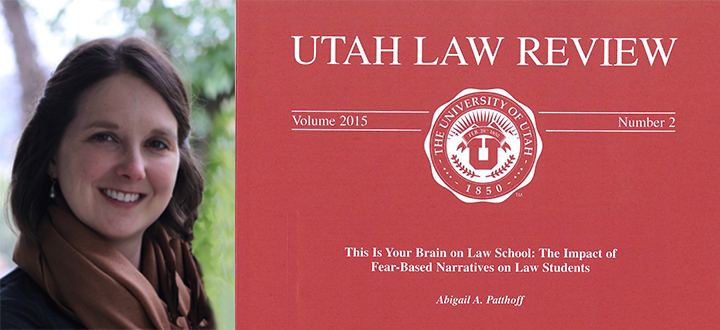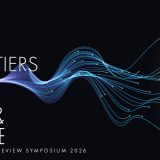
Professor Abigail Patthoff Publishes “This is Your Brain on Law School: The Impact of Fear-Based Narratives on Law Students”
October 14, 2015
Chapman University Dale E. Fowler School of Law Professor Abigail Patthoff’s article entitled “
This is Your Brain on Law School: The Impact of Fear-Based Narratives on Law Students
” was recently published in the
Utah Law Review.
From the abstract:
Law students regularly top the charts as among the most dissatisfied, demoralized, and depressed of graduate student populations. As their teachers, law professors cannot ignore the palpable presence of this stress in our classrooms – unchecked, it stifles learning, encourages counterproductive behavior, and promotes illness. Yet, in the name of persuasion, professors frequently, and perhaps unwittingly, introduce additional fear into the classroom as a pedagogical tool via a common fear-based narrative: the cautionary tale.
By taking lessons from existing social science research about “fear appeals” – scare tactics designed to frighten the listener into adopting a particular behavior – this article suggests that we can actively manage one source of law student anxiety by more thoughtfully using cautionary tales.

Professor Patthoff
specializes in legal analysis and communication, and currently researches in the areas of education law and teaching pedagogy. Professor Patthoff has taught courses in legal research and writing, legal analysis, advocacy, and judicial writing. Professor Patthoff earned her JD from the West Virginia University College of Law, where she graduated Order of the Coif. Immediately following law school, she served as a judicial clerk for The Honorable Frederick P. Stamp, Jr. of the United States District Court for the Northern District of West Virginia. Professor Patthoff has served as assistant editor of
Legal Writing: The Journal of the Legal Writing Institute
. She has also been involved at the national level with the Legal Writing Institute through her service as a member of the Institute’s survey committee, which gathers data about program design, curriculum and other matters of concern to the legal writing community.

